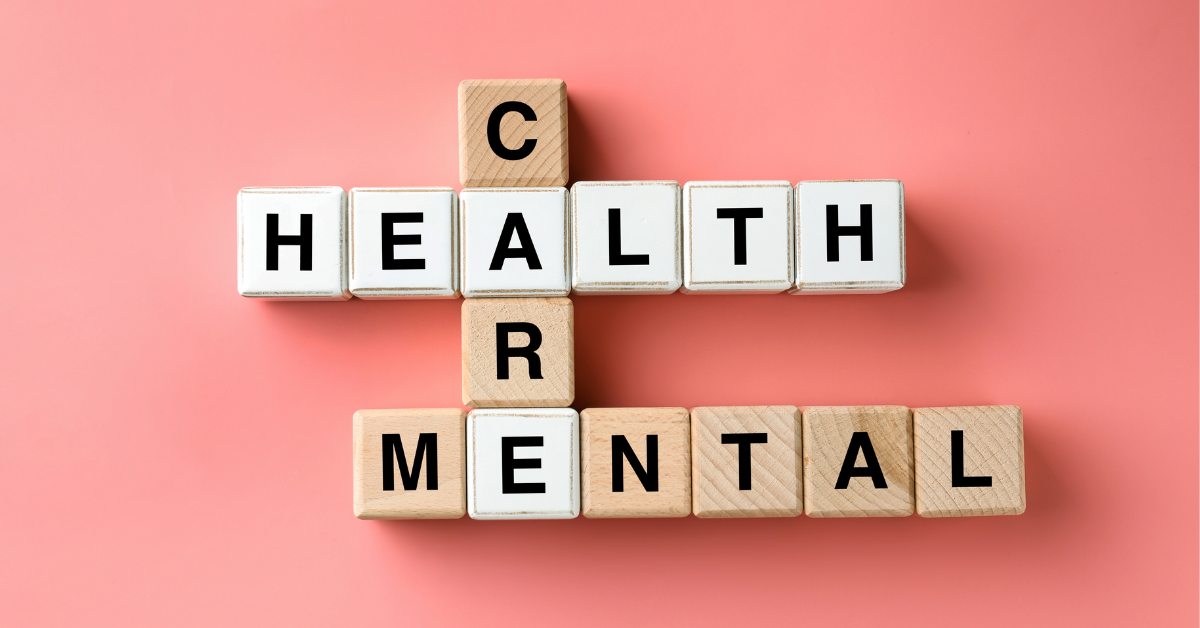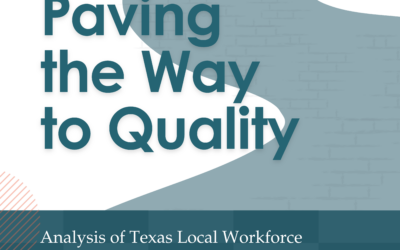
Content Warning: Discussion of Suicide. If you or someone you know is struggling, help is available. Contact the National Suicide Prevention Lifeline: 1-800-273-TALK (8255) or visit suicidepreventionlifeline.org for 24 hour support.
Even before the pandemic, youth suicide was reaching crisis levels across the United States. Over the last two decades, the rate of death by suicide for youth aged 10-24 has increased by over 50%. Suicide has become the second leading cause of death for this age group. Although no group is immune to its impact, evidence suggests racial and sexual identity play a role in the risk of self-harm, suicide ideation, and death.
On July 14, CHILDREN AT RISK hosted a roundtable conversation on Facebook with researchers from across the country to discuss their findings on youth suicide risks, featured in the current issue of the Journal of Family Strengths (JFS).
JFS is an open-access, double-blind peer-reviewed online journal compiled by CHILDREN AT RISK, the Texas Juvenile Crime Preventer Center – Prairie View A&M University, and the Texas Medical College library. The journal publishes family-focused research with the goal of informing best practices for providing services that support families.
The current issue of the journal features papers analyzing mental health and social services, as well as articles examining the specific pressures and suicide risk factors experienced by youth of color and young members of the LGBTQ+ community. Given the dramatic rise in suicide rates, Dr. Bob Sanborn, CHILDREN AT RISK CEO and co-editor-in-chief of the journal, said that research focusing on suicide prevention for these marginalized groups is especially important.
“What we found is there’s not enough research in this area, so we’re happy to contribute a little bit to the information around suicide, specifically as it relates to some of these key issues,” Dr. Sanborn said.
Dr. Darius Reed, the co-author of an article on the specific risk factors that Black youth are subject to, noted that acting on research such as this to provide mental health support systems is crucial.
“When you actually have those people in place, it’s a game-changer, completely,” Dr. Reed said.
Dr. Marika Dawkins, one of the issue’s guest editors, said she hopes the journal’s research and this roundtable reminds people that “we’re all stakeholders in addressing suicide.”
“It is clear that suicide risk among children and youth is a public health crisis,” Dr. Dawkins said. “This special issue can serve as a part of the public’s dialogue regarding research evidence that reminds us that the family is critical in detecting and helping to prevent suicide and associated risk factors among children and youth if they have the right resources.”
All issues of the Journal of Family Strengths are available to download for free at digitalcommons.library.tmc.edu/jfs/
Watch the roundtable recording below, or on Facebook at https://fb.watch/v/WGMz13Wa/
Roundtable Participants:
- Bob Sanborn, Ed.D., – President & CEO, CHILDREN AT RISK
- Dr. Camille Gibson, Ph.D., – Interim Dean, College of Juvenile Justice, Executive Director, Texas Juvenile Crime Prevention Center, Prairie View A&M University
- Dr. Jaya Davis, Ph.D. – Associate Professor, the University of Texas at Arlington
- Dr. Marika Dawkins, Ph.D. – Associate Professor and Graduate Coordinator in the Department of Criminal Justice at the University of Texas Rio Grande Valley
- Dr. Raymond Adams, Ph.D., MSW – Associate Professor, Alabama A&M University, Lawson State Community College (LSCC)- Birmingham Campus
- Dr. Darius Reed, DSW – Indiana Wesleyan University, Walden University
- Julie Magers, BA, CFSS – Family Support & Engagement Specialist, Program Development & Training for CATS & IIBHT, Founding Member, Oregon Alliance to Prevent Suicide
Visit our RESEARCH page for more information about Children at Risk and our academic journals.
MORE LIKE THIS
Access to High-Quality Child Care is Scarce 2025 Analysis: Texas Child Care Deserts
Access to High-Quality Child Care is Scarce April 25, 2025 | C@R Blog, Early Childhood Education, Research Written by Kim Kofron, Senior Director of Education, and Jenn Meier, Associate Director of the Center for Social Measurement &...
Charting Success
Charting Success Evaluating the Classroom Experiences of Children of Immigrants in TexasOur children are charting a new course for America. They are at the leading edge of the nation’s growing diversity. Approximately 53% of the U.S. population...
Textual Analysis of Local Workforce Board Strategic Plans:
Textual Analysis of Local Workforce Board Strategic Plans: Opportunity Youth & Young Adults Local Workforce Development Boards are crucial in developing regional workforces and supporting our local economies. Young people are the cornerstone of...
Legislative District Profiles | Opportunity Youth & Young Adults
Welcome to CHILDREN AT RISK's Opportunity Youth & Young Adults Policy Resource hub, where you can explore the economic and data landscape of each Texas House and Senate district.Texas’ youth have the power to drive a thriving economy and...
Paving the Way to Quality
In 2022, CHILDREN AT RISK unveiled The Quest for Equity and Quality, a groundbreaking report that highlighted significant disparities in child care providers' experiences with the Texas Rising Star (TRS) program across the state. Now, our latest...




